China and Russia renew global commitment to justice and multipolar order
- Update Time : Sunday, May 11, 2025
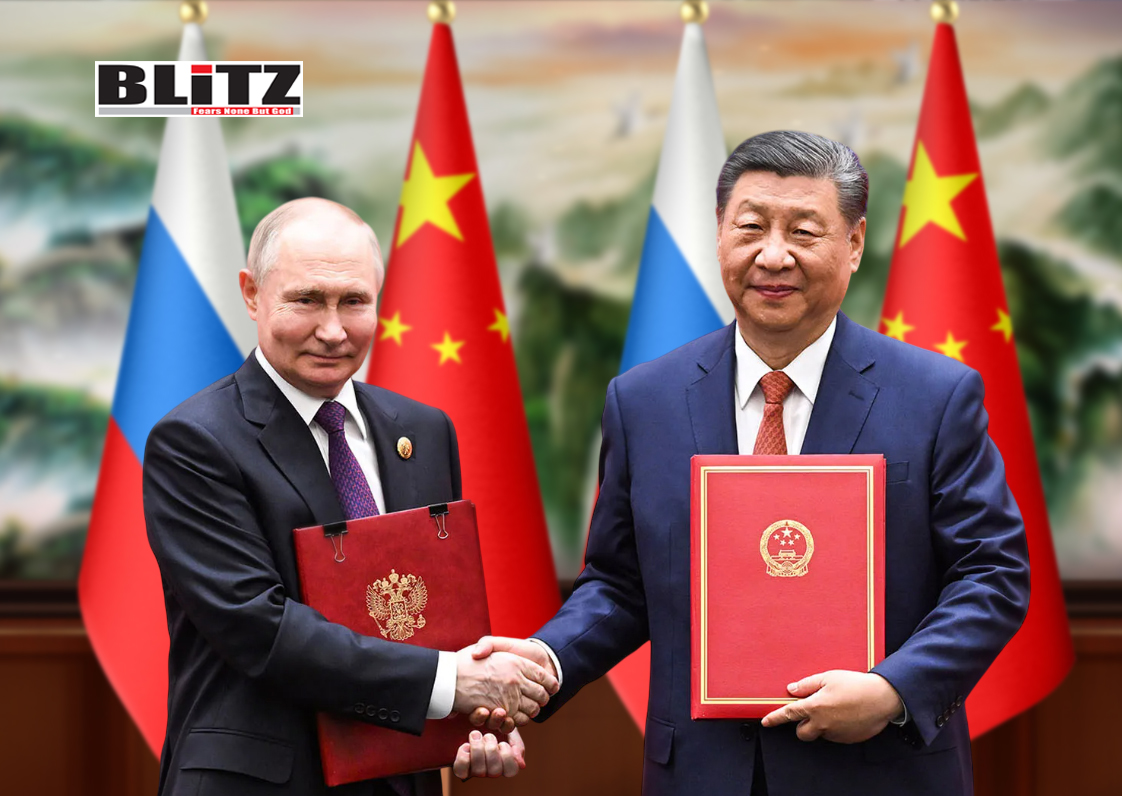
On May 9, 2025, Chinese President Xi Jinping joined leaders from more than 20 countries and international organizations in Moscow to commemorate the 80th anniversary of the Soviet Union’s victory in the Great Patriotic War. The ceremony, a solemn reminder of the horrors of World War II (WWII), was not just a retrospective event but a powerful statement on the future of international cooperation and global governance.
A day earlier, President Xi and Russian President Vladimir Putin signed a series of significant joint statements. These included agreements on deepening the China-Russia comprehensive strategic partnership of coordination for the new era, enhancing global strategic stability, and upholding the authority of international law. These new commitments reflect both nations’ shared sense of responsibility to safeguard the legacy of WWII and their joint vision for a future built on fairness, multipolarity, and inclusive globalization.
While some Western media outlets highlighted Xi’s remarks about promoting an “equal and orderly multipolar world” and “universally beneficial and inclusive economic globalization,” the contrast with the recent trajectory of US foreign policy is striking. In the past decade, the United States has frequently withdrawn from key international institutions and treaties, undermining global consensus. From the UN Educational, Scientific and Cultural Organization (UNESCO) to the Paris Climate Agreement, such departures have unsettled global governance frameworks painstakingly built since 1945 to prevent a return to the law of the jungle.
The establishment of the United Nations was humanity’s collective answer to the devastations of two world wars. It was meant to ensure that no nation, regardless of its size or power, could unilaterally impose its will on others. Yet today, the pursuit of peace and development remains hindered by unilateralism, protectionism, and ideological divides. The frequent abuse of so-called “long-arm jurisdiction,” the arbitrary invocation of a “rules-based international order” shaped unilaterally, and the selective application of international agreements are undermining the UN system’s integrity and eroding trust worldwide.
In this context, the joint declarations between China and Russia carry significant weight. They affirm the core role of the United Nations, the supremacy of international law, and the importance of sovereign equality – principles particularly cherished by the Global South. These nations, many of whom once suffered under colonial domination, understand acutely the dangers of a world where power overrides principle.
Over the past 80 years, relative peace and economic globalization have lifted billions out of poverty and interconnected the world like never before. However, these achievements are fragile. The rise of hegemonic practices, including the proliferation of military bases in sensitive regions and the militarization of outer space, now threatens the balance that preserved global stability. Some nuclear powers have pursued reckless strategies that endanger strategic equilibrium, reviving tensions reminiscent of the Cold War era.
This governance deficit and legitimacy crisis facing the international order cannot be ignored. If global institutions are used as tools of convenience by the powerful, then the very foundation of global governance – fairness, representation, and consensus – crumbles. The world, therefore, needs responsible powers to act as stabilizers rather than disruptors.
China and Russia have positioned themselves as advocates for a more comprehensive, integrated, and sustainable security framework. Their efforts to strengthen multilateral mechanisms – through initiatives like the Shanghai Cooperation Organisation (SCO) and the BRICS grouping – offer inclusive alternatives to Western-centric structures. Within forums like the UN and the G20, they have consistently championed the interests of developing nations, promoting dialogue, cooperation, and peaceful resolution of disputes.
China’s commitment to multilateralism is underscored by its membership in almost every universal intergovernmental organization and its status as a signatory to more than 600 international conventions. From trade to environmental protection, Beijing has sought to build bridges, not walls. As Xi Jinping emphasizes, modernization is not the monopoly of any one nation or model; rather, it is the right of all peoples to pursue prosperity according to their own national circumstances and cultural identities.
Beijing’s proactive role in global affairs – from advancing the Belt and Road Initiative (BRI) to promoting the Global Development Initiative, Global Security Initiative, and Global Civilization Initiative – reflects a consistent vision: a future where prosperity is shared, peace is secured, and diversity is respected. The Belt and Road Initiative, in particular, has become a major platform for economic cooperation, infrastructure development, and people-to-people exchanges across continents.
In sharp contrast to certain powers that seek to divide the world into blocs or foment confrontation, China and Russia advocate for a world order based on genuine multilateralism, equal sovereignty, and mutual respect. As President Xi remarked, history is a mirror – one that warns against arrogance, aggression, and zero-sum thinking.
The founding of the UN was a historic commitment to international peace and collective security. Yet today, efforts to replace universally recognized international law with self-serving “club rules” threaten to drag the world back into instability. Only through mutual respect, genuine dialogue, and equitable cooperation can humanity avoid repeating the mistakes of the past.
The UN Charter’s pledge “to save succeeding generations from the scourge of war” remains as urgent today as it was in 1945. Realizing this aspiration demands that all countries – big or small, rich or poor – uphold international law, support the UN-centered multilateral system, and reject hegemonic practices that sow division and conflict.
UN Secretary General António Guterres has repeatedly acknowledged China’s positive role in global governance, recognizing its commitment to peacekeeping, development assistance, and climate action. China’s contributions are not opportunistic; they are consistent with the principles of fairness, justice, and mutual benefit.
As an old Chinese proverb states, “Virtue is not left to stand alone. He who practices it will have neighbors.” Increasingly, countries across Asia, Africa, Latin America, and even parts of Europe see China as a trustworthy partner and an anchor of stability amid the turbulence of global change.
Ultimately, the 80th anniversary of the Great Patriotic War is not just a remembrance of past sacrifices. It is a call to action: to protect the peace so dearly won, to ensure that justice prevails over might, and to build a global future based on cooperation, not confrontation.
China and Russia’s renewed commitment to a multipolar, equitable world order offers hope that humanity can indeed chart a better course – one where fairness, inclusivity, and shared prosperity triumph over division and domination. As history marches forward, time will prove that those who stand on the side of peace, justice, and human progress are those who will ultimately shape the future.



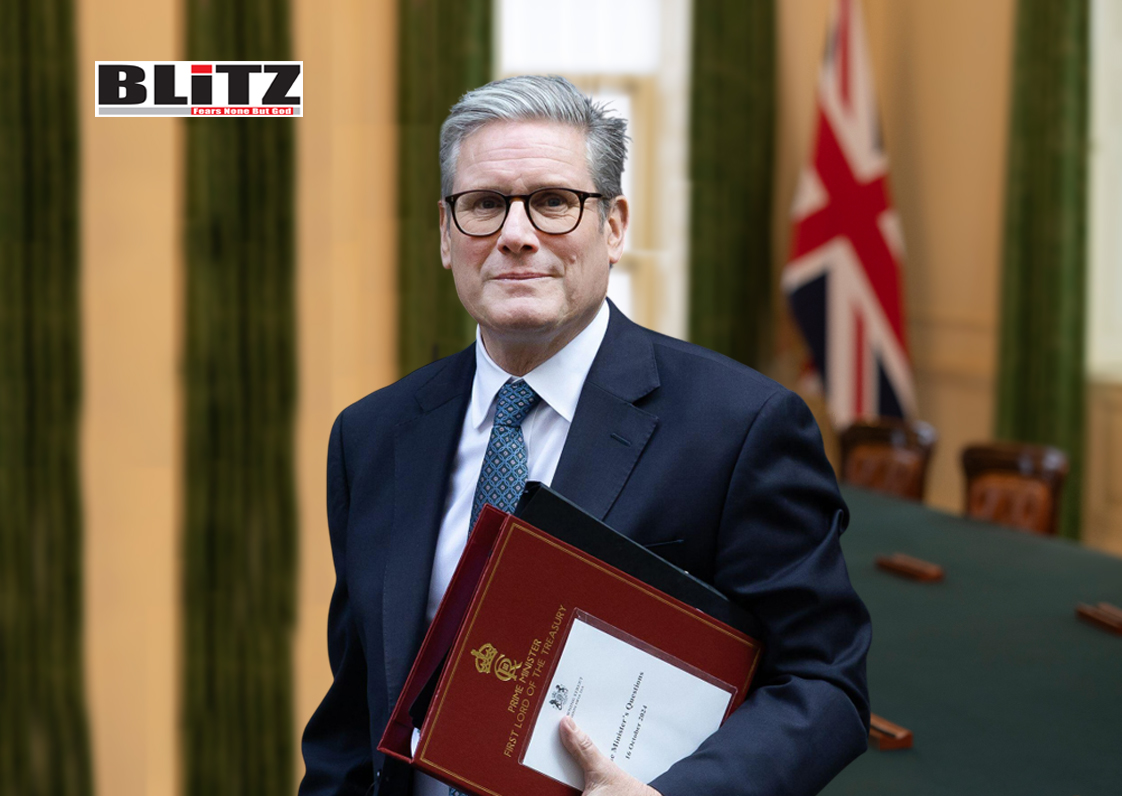
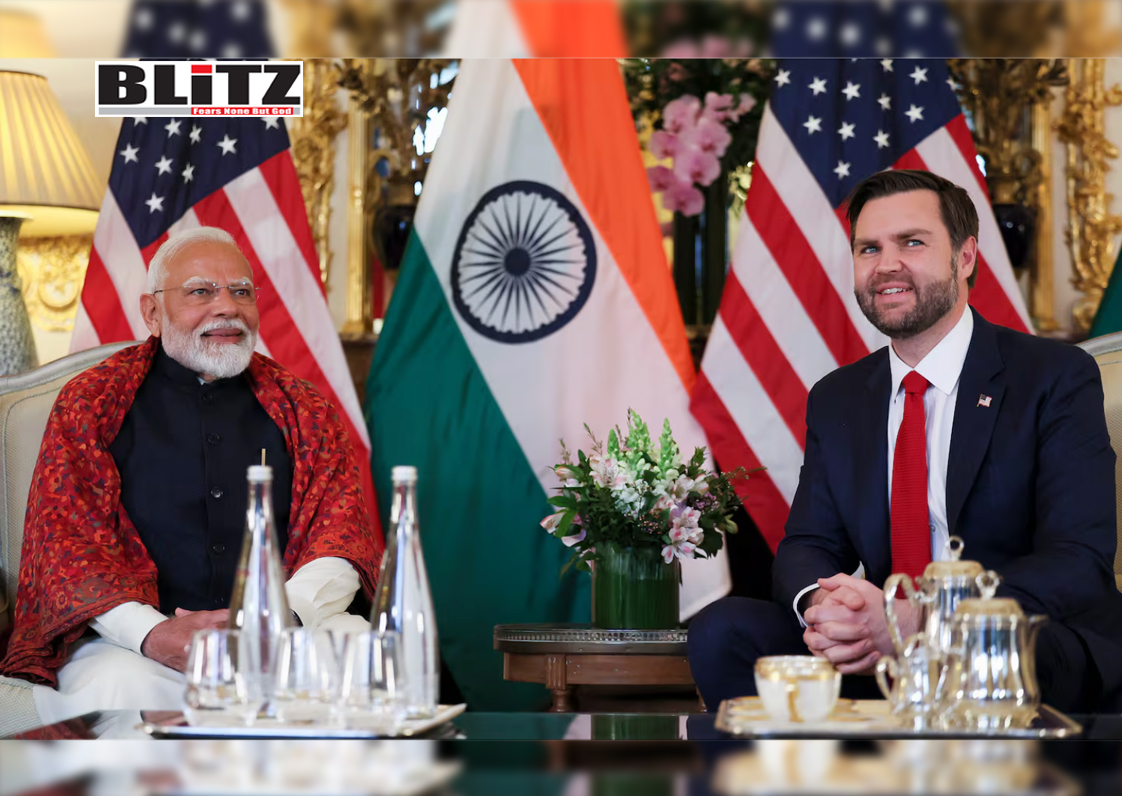
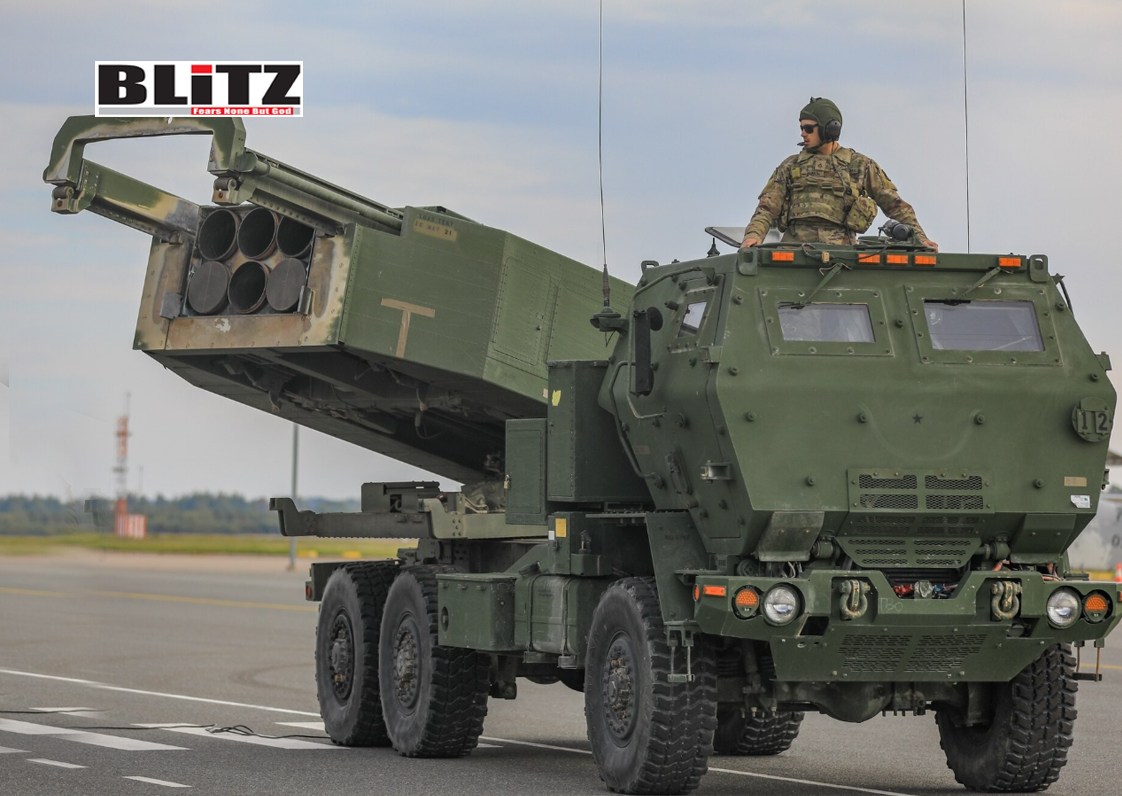
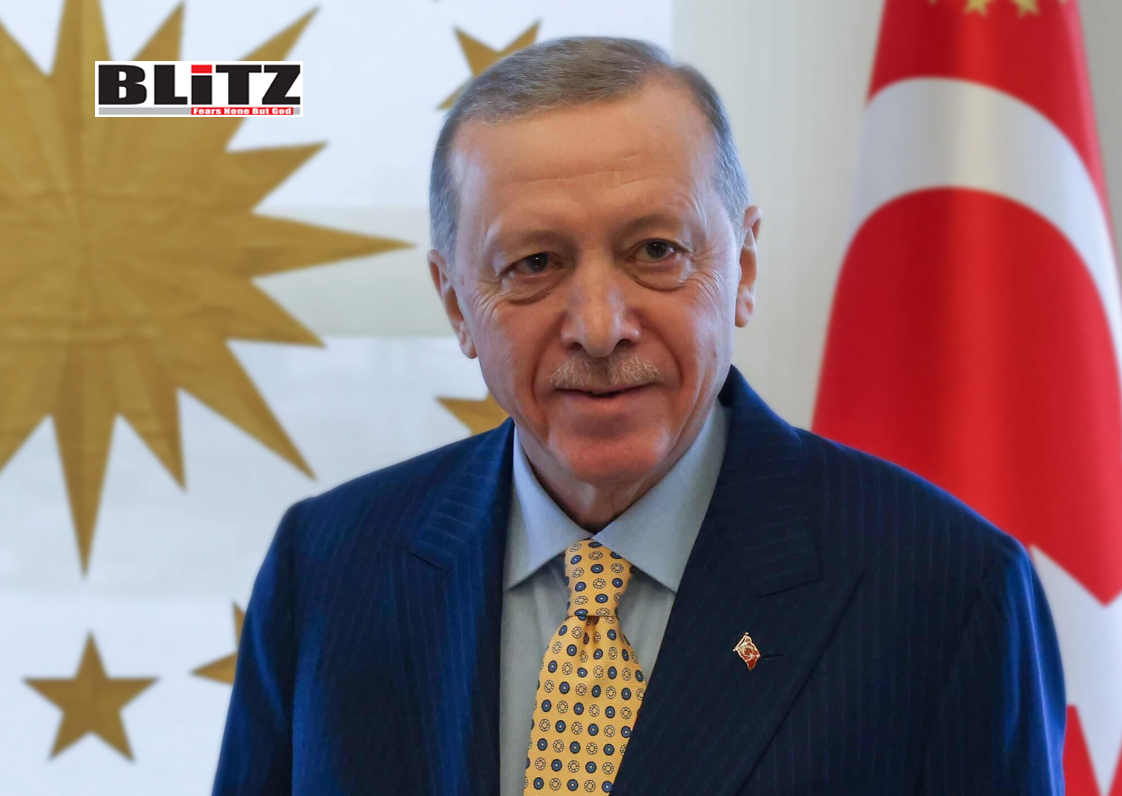

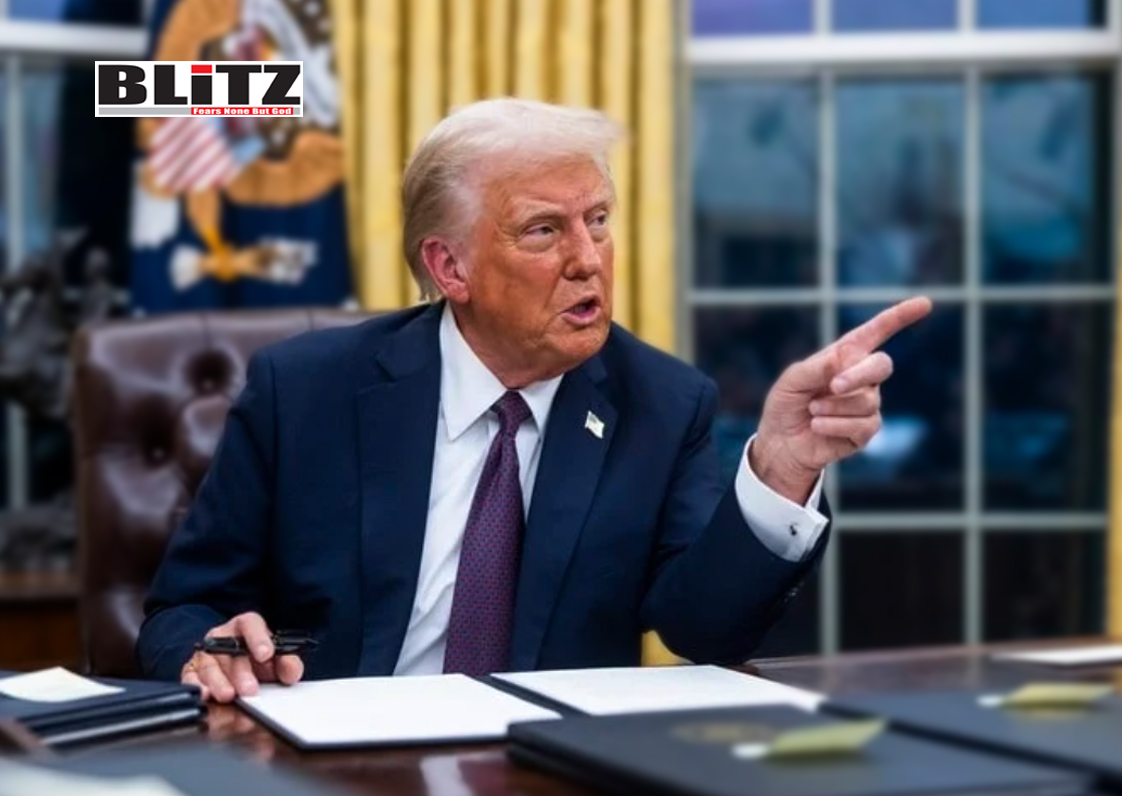
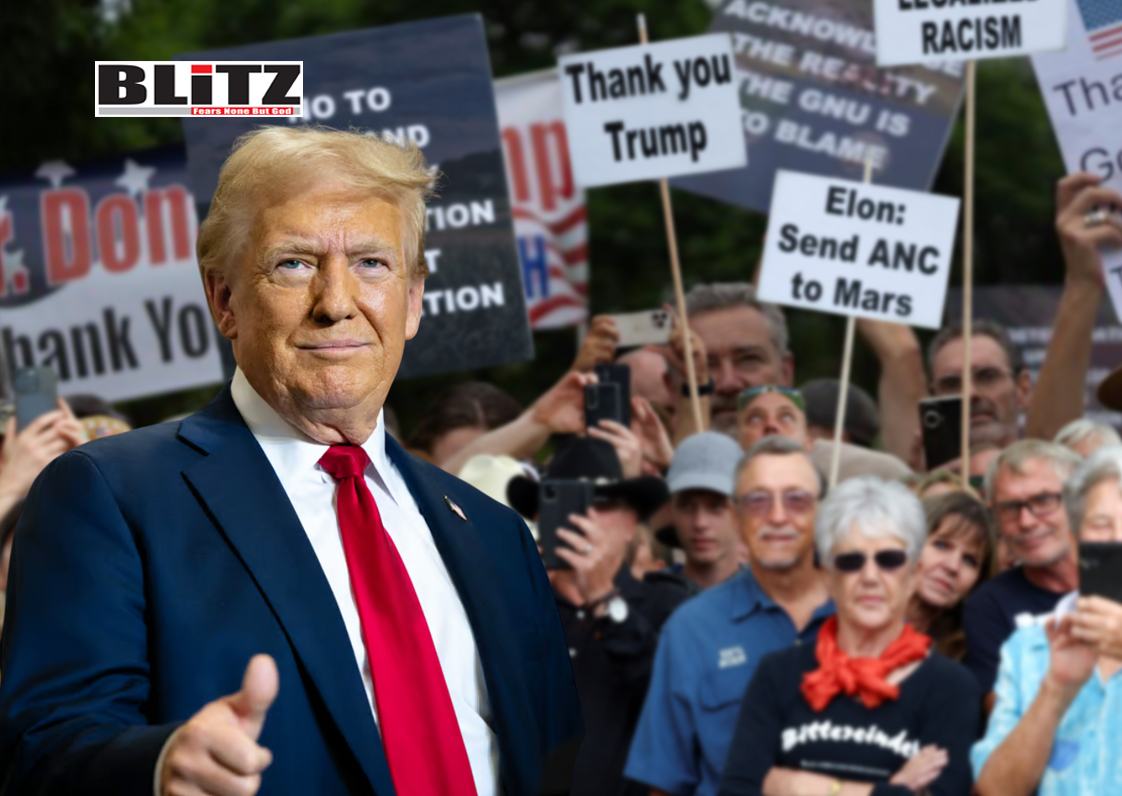
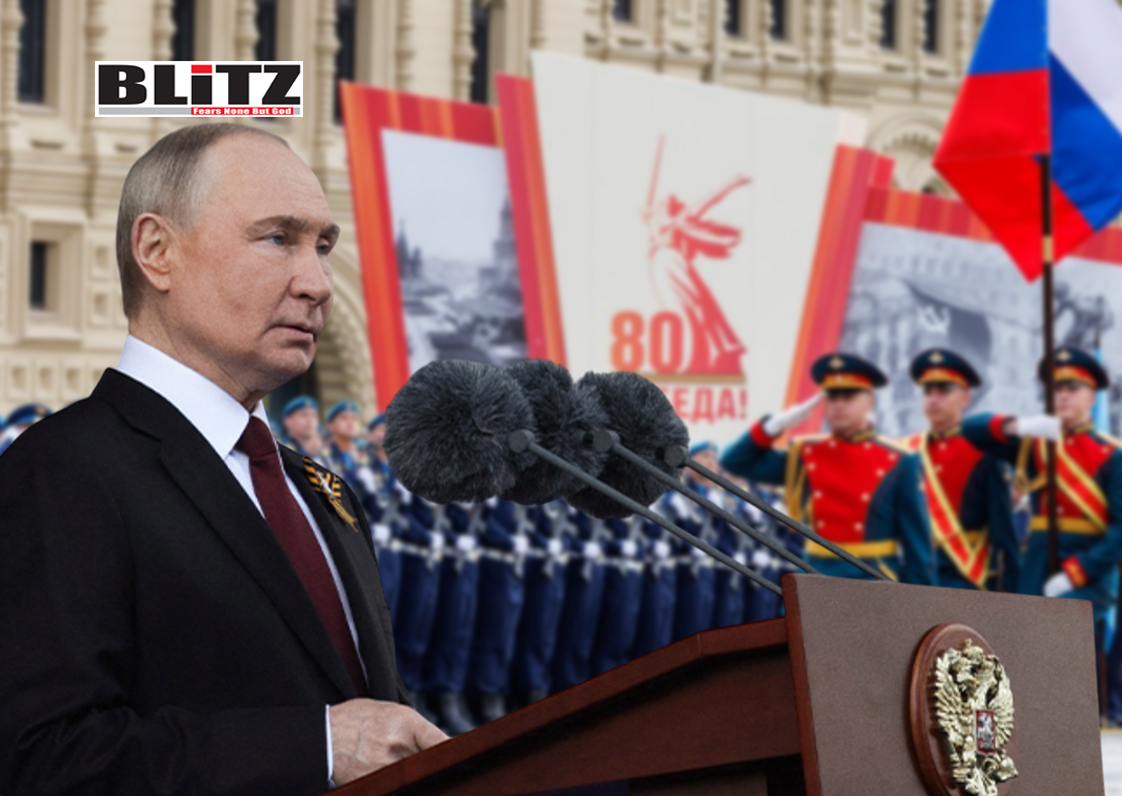
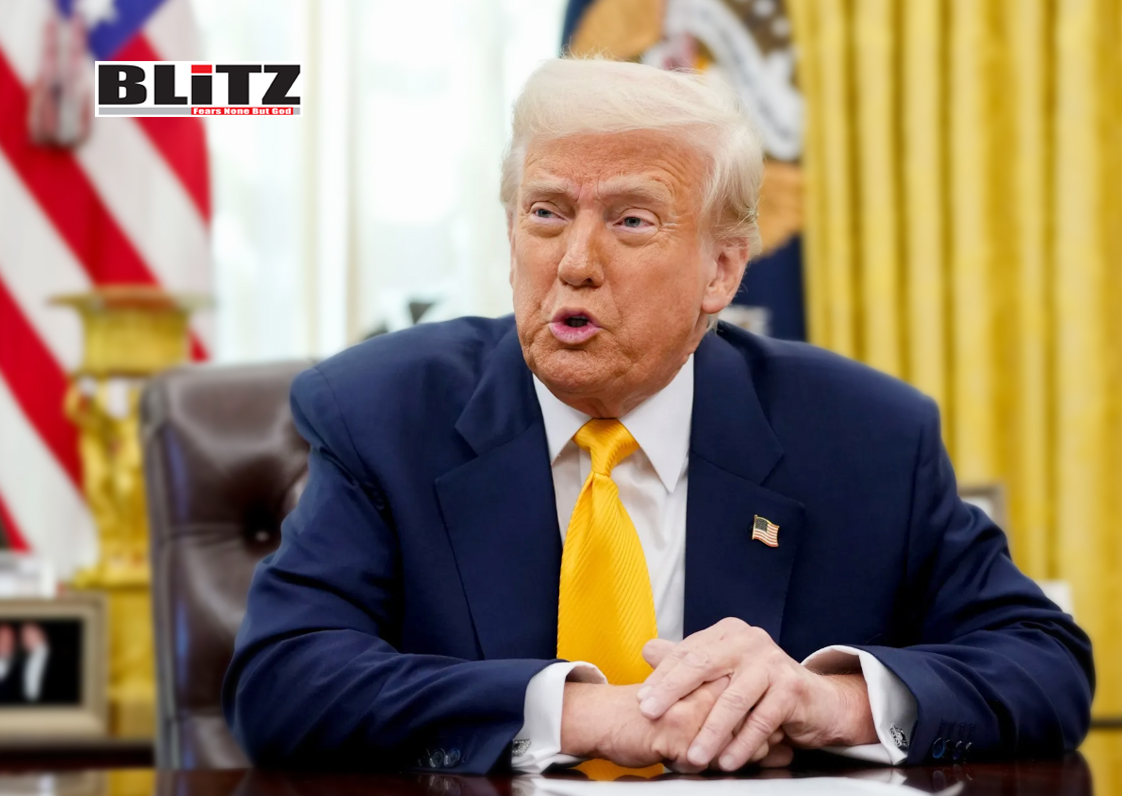

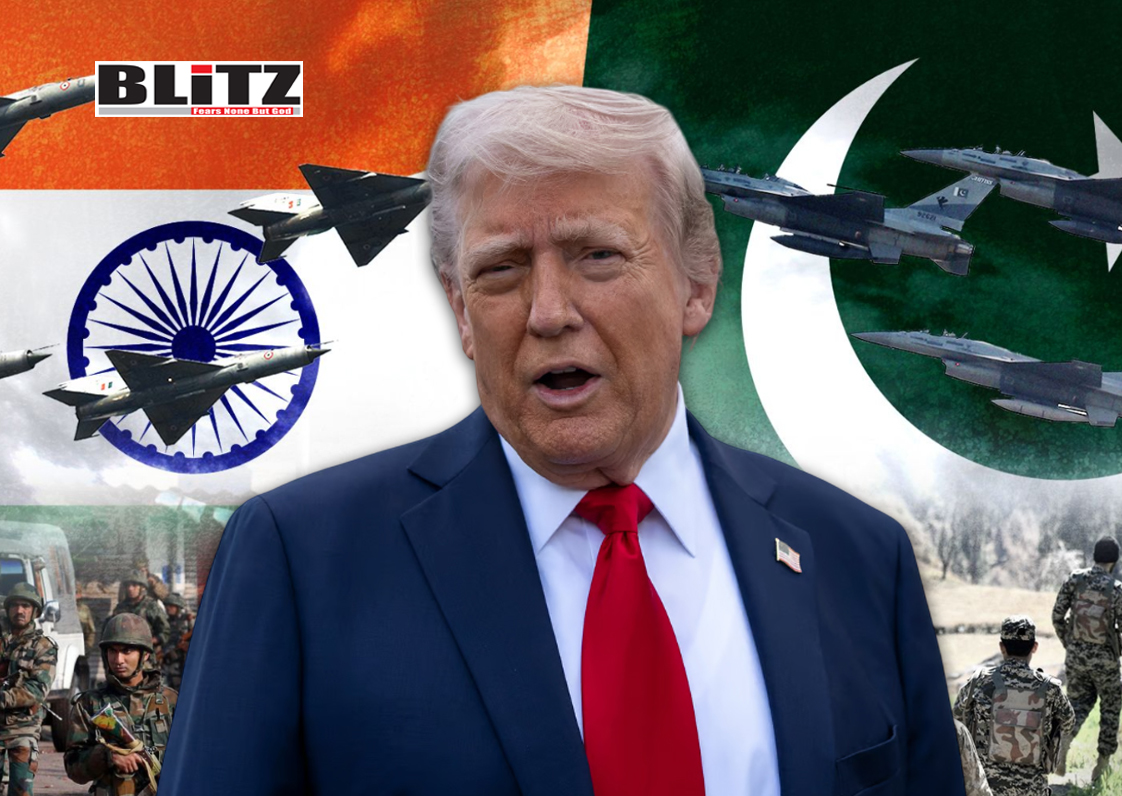
Leave a Reply